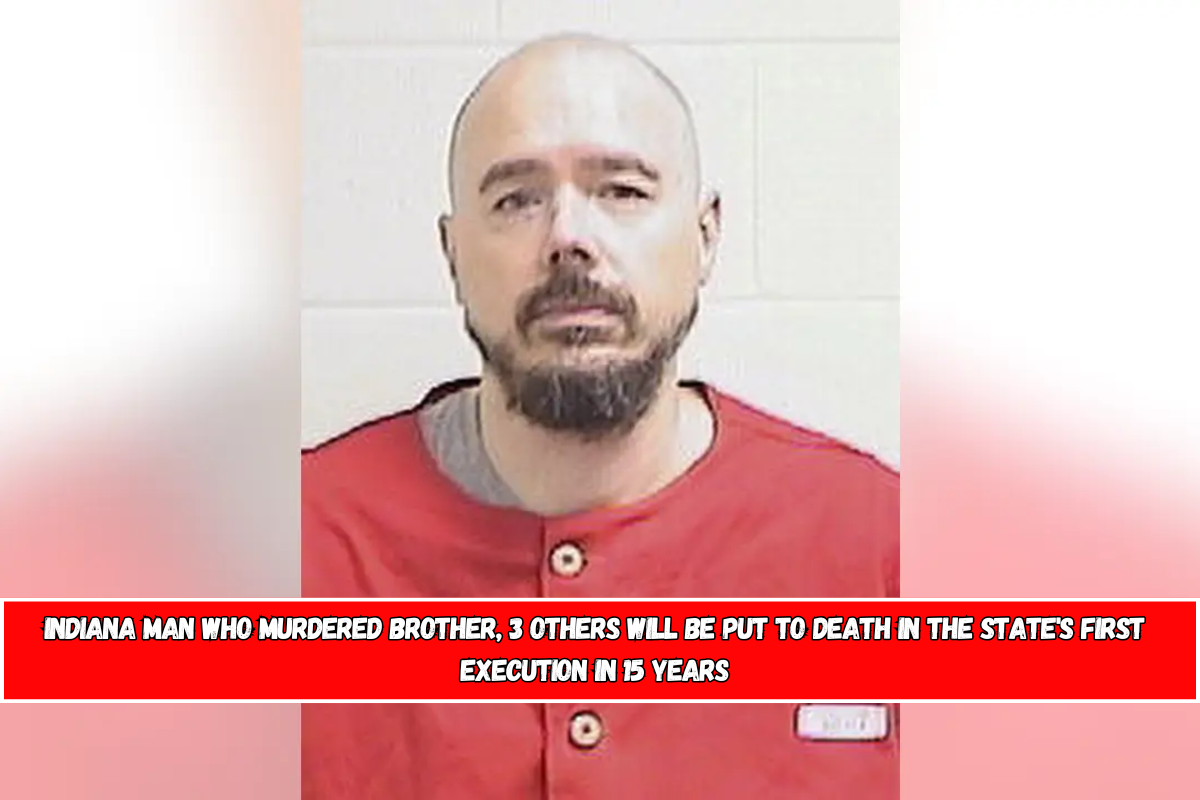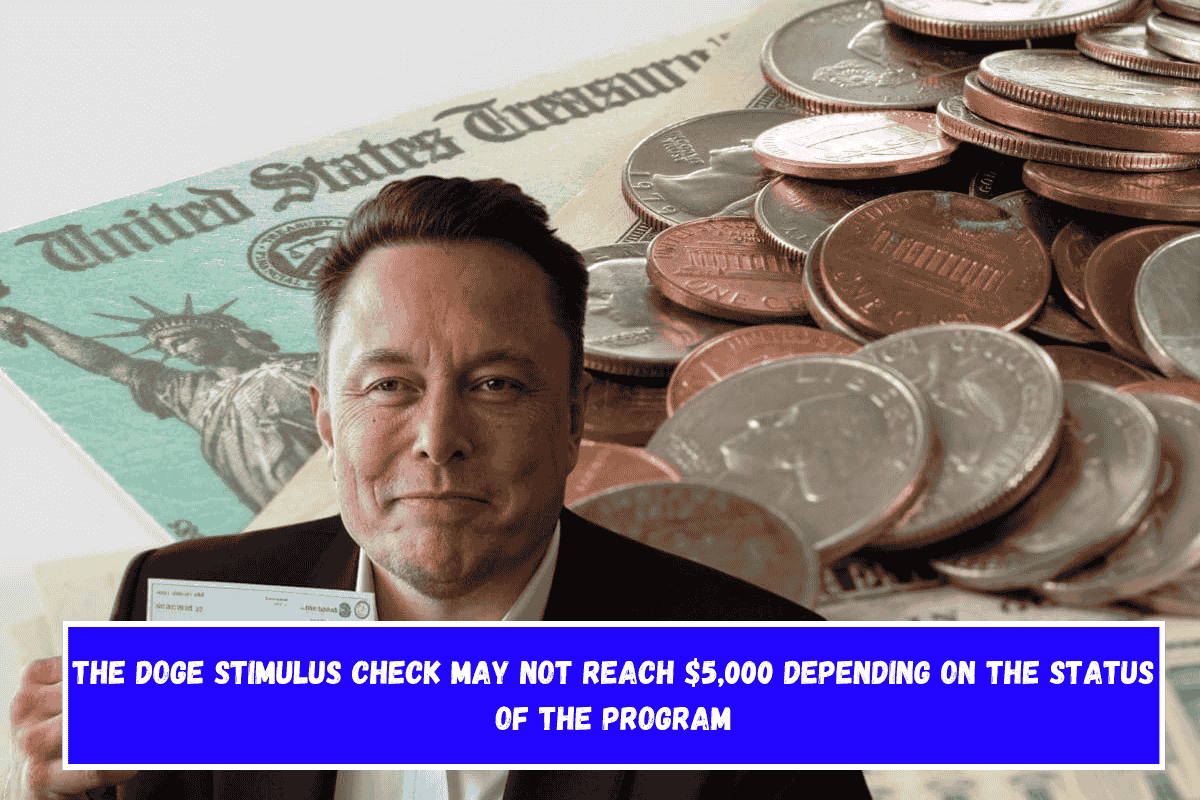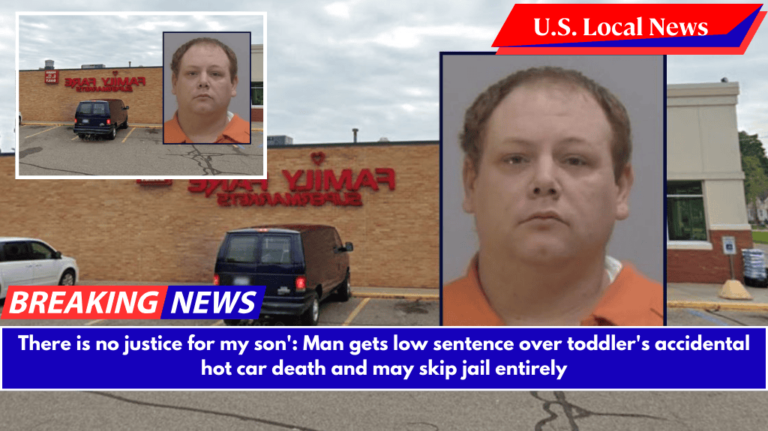Michigan City, Indiana (AP) An Indiana man convicted of murdering his brother and three others in 1997 is scheduled to be executed early Wednesday, the state’s first execution in 15 years.
Joseph Corcoran, 49, has been on death row in Indiana since 1999, when he was convicted of murdering his brother, 30-year-old James Corcoran, his sister’s fiancé, 32-year-old Robert Scott Turner, and two other men: Timothy G. Bricker, 30, and Douglas A. Stillwell, 30.
Corcoran is scheduled to be executed before daybreak Wednesday at the Indiana State Prison in Michigan City, unless there is a last-minute court action or intervention by Gov. Eric Holcomb, state authorities said. Last summer, the governor declared that state executions will resume after a years-long delay caused by a national shortage of lethal injection medicines.
The state has supplied scant data regarding the procedure, including an exact execution time. State legislation prohibits the use of media witnesses. Indiana prison authorities published early images of the execution chamber, which seems to be a minimalist surgical room with a gurney, strong fluorescent lights, a floor drain, and inside windows to a neighboring viewing room.
Corcoran’s defenders have been fighting the death penalty for years, claiming that his severe mental illness impairs his capacity to comprehend and make judgments. In 2016, Corcoran exhausted his federal appeals. Earlier this month, his counsel petitioned the Indiana Supreme Court to halt his execution, but they were rejected.
However, lawyers argue the fact that the justices were divided 3-2 suggests there is a possibility.
“Given that it is a close case, it should not be rushed through,” defense counsel Larry Komp said. “He’s terribly psychologically unwell. We believe he’s unreasonable. “We have never had a fair process.”
According to attorneys, one indicator of Corcoran’s mental condition is a handwritten document he sent to the justices this month, stating that he was finished pursuing his case.
“I am guilty of the crime I was convicted of, and accept the findings of all the appellate courts,” wrote the defendant.
According to court papers, Corcoran was stressed before fatally shooting the four victims in July 1997 because his sister’s upcoming marriage to Turner would require him to leave the Fort Wayne, Indiana, house he lived with his brother and sister.
He awakened to hear his brother and others below talking about him, loaded his weapon, and shot all four guys, according to papers. Corcoran allegedly boasted of killing his parents in Steuben County, northern Indiana, while in prison. He was accused with their murders, but acquitted.
Corcoran’s execution, planned for early Wednesday, will be the state’s first since 2009. During that period, 13 executions were carried out in Indiana, although they were started and carried out by federal authorities in 2020 and 2021 in a federal prison in Terre Haute.
The latest state execution in Indiana occurred in 2009, when Matthew Wrinkles was executed for the 1994 murders of his wife, brother, and sister-in-law.
State authorities have said that they cannot conduct executions because a mix of medications used in fatal injections has become unavailable.
For years, there has been a nationwide scarcity due to pharmaceutical firms’ refusal to sell their drugs for this reason. This has prompted governments, like Indiana, to resort to compounding pharmacies, which create pharmaceuticals expressly for a customer. Some utilize more readily available medications, such as the sedatives pentobarbital or midazolam, both of which, detractors argue, may induce severe agony.
Corcoran’s counsel filed a petition in the United States District Court for the Northern District of Indiana last week, requesting that the execution be halted and a hearing held to determine if it is unlawful due to Corcoran’s acute mental condition. The authors claimed “severe and longstanding paranoid schizophrenia.” However, the court denied the motion to intervene on Friday, forcing lawyers to file an appeal with the United States Court of Appeals for the Seventh Circuit.
Several parties, including religious organizations and disability rights campaigners, have protested the execution. Several protestors planned to hold a vigil outside the jail, which is around 60 miles (90 kilometers) east of Chicago, beginning late Tuesday.
In early December, Indiana Disability Rights petitioned the governor to reduce Corcoran’s sentence to life imprisonment without the chance of release.
Holcomb recently said that he would wait for the judicial process to “play out” in Corcoran’s case before choosing whether to interfere.
One of Corcoran’s sisters, Kelly Ernst, who lost both a brother and her fiancé in the 1997 killings, feels the death penalty should be repealed and that her brother’s execution would neither fix or improve anything. She does not intend to be there for the execution.
Ernst said that she had been out of communication with her brother for ten years until lately.
“I am at a lost for words. “I’m just upset that they’re doing it so close to Christmas,” she said. “My sister and I have birthdays in December. I mean, it seems like it will spoil Christmas for the rest of our lives. “That is exactly how it feels.”




















